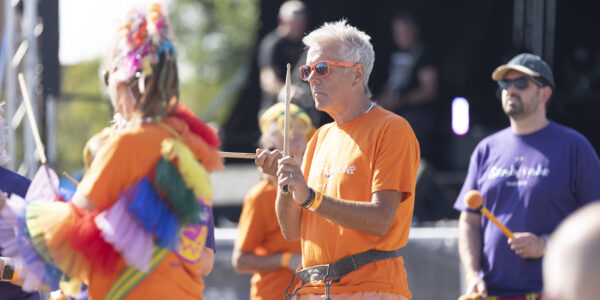Cutting football club expenses by just 5% could help improve society
20/02/2020 - Netbet

A recent study by the Club vs Community study asks how much more teams could be doing to help address prevalent social issues. The results of their research suggest that if the world’s top football clubs were to cut their inessential expenditures by just 5%, they could collectively improve the lives of 118,137 vulnerable members of society.
The 15 highest-earning teams in the world, as decided by the Deloitte Football Money League 2019, have spent a staggering €6.923 billion on salaries and bonuses, upgrading facilities and acquiring players over the past year. The Club vs Community report calculates the cost of rectifying key social issues in these various countries around the world – including homelessness, social care and unemployment – and measures this against football clubs’ expenditure as detailed in the latest available financial reports. The report found that football club expenses equate to help for 2.3 million vulnerable people.
To give some perspective, Real Madrid earned an astonishing €1.233 billion in revenue over the past year; making them the highest-earning club. Whilst the club do organise a charity Corazón Classic Match to raise funds for key social inclusion projects within the local community the analysis shows that by cutting their annual spend on upgrading facilities (the Real Madrid City Complex construction) by just 5% the club could bring 7,074 local children out of poverty; by cutting their spend on acquiring players by 5% they could help 1,431 adults find employment.
In Spain, raising the income for all impoverished households with children to the OECD average and thereby reducing the risk of poverty would cost €5,365 per capita – Real Madrid spent €249 million on player transfers alone in 2019.
Over the past year, UK club Manchester United have spent €27 million on sponsorship and broadcasting (it would cost €1,669 to provide intervention for a homeless adult in the UK), while Inter Milan have splashed out €183,000 on PR and gifts. If both teams were to cut these expenditures by 10%, they could improve the lives of 1,839 local people.
Although directly rectifying hard-hitting social issues may be beyond the remit of football clubs, the fact remains that the average pay in the Premier League is around €230,000 per month – a staggering 120 times more than the typical €1,916 EU monthly wage.
To find out more about the cost of tackling social issues, and how high-earning clubs can help reach this goal, view the full Club vs Community study here
All articles on this news site are submitted by registered contributors of SuffolkWire. Find out how to subscribe and submit your stories here »

